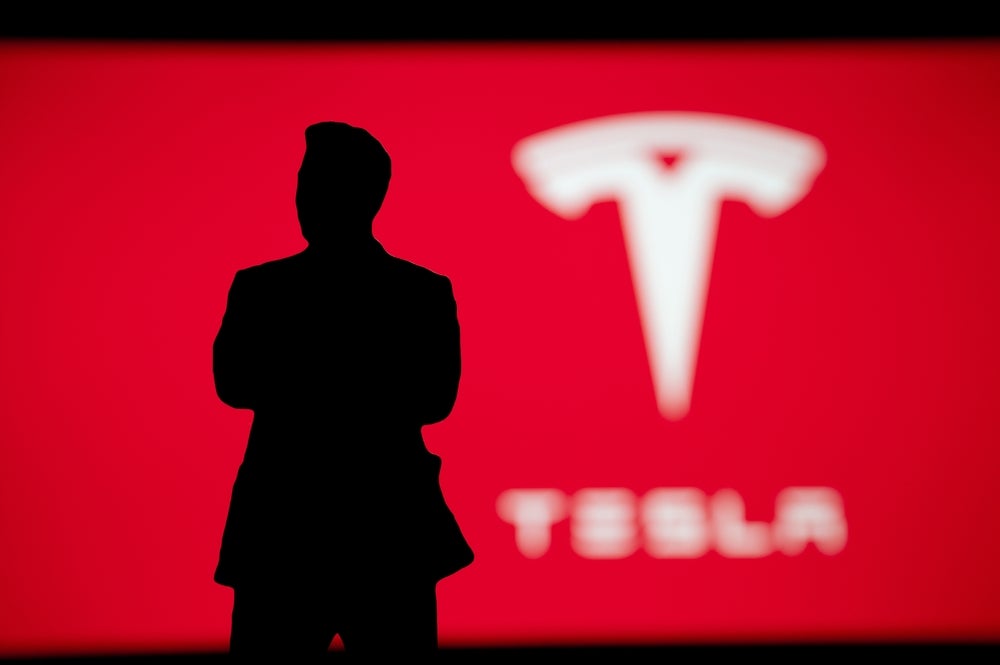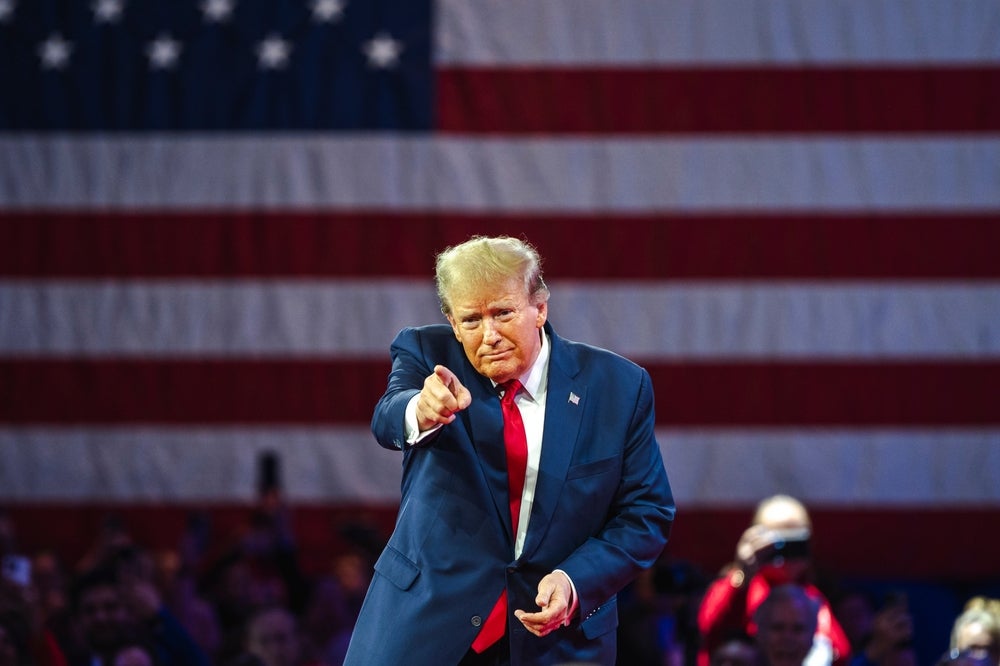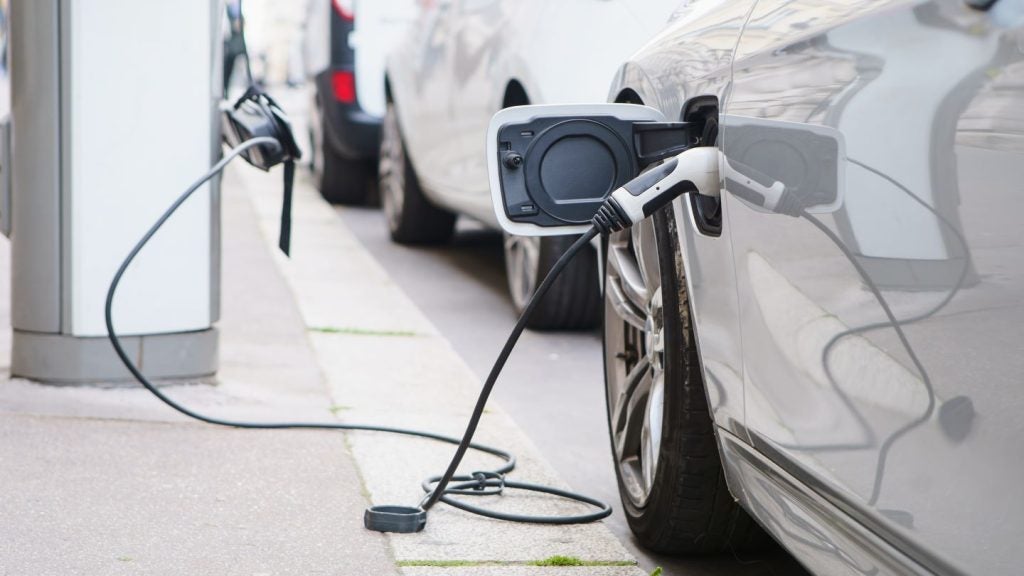As Donald Trump returns to the White House after a heated 2024 campaign, the auto finance industry in the US, UK, and Europe faces new uncertainties.
At 78 years old and a convicted felon, Trump will assume office with Republican control of Congress and possibly the House of Representatives, if early reports are to be believed, promising to undo Biden-era policies and steer the country in a more protectionist, industry-friendly direction. His victory speech, replete with promises to “heal” America, struck many as incongruous with a campaign driven by division.
For auto financiers and manufacturers alike, his return could mean sweeping changes in trade, emissions, and EV incentives.
The emissions question: petrol-powered or clean?
Trump’s first term set a clear deregulatory tone for emissions standards, easing Obama-era mandates to allow automakers greater leeway on fuel efficiency. Should he revert to that approach, the market for petrol-powered vehicles in the US could see a resurgence, complicating the transition to greener technologies and potentially setting back efforts to curb emissions. For auto financiers, this could lead to short-term growth in financing traditional vehicles but with risks in the long term as other markets, notably the UK and Europe, continue accelerating their own low-emission targets.
While a Trump-led US rolls back standards, European and British markets are doubling down on stringent environmental commitments, which could further split the global regulatory landscape and create complications for automakers working across regions. For global auto financiers, the disparities will require constant recalibration as they manage risk across a regulatory spectrum that could widen significantly.
EV incentives in the crosshairs
The Biden administration’s Inflation Reduction Act (IRA) offered tax credits and incentives aimed at stimulating EV adoption, giving US automakers a competitive boost in the global EV race. Trump, however, has criticised the IRA, signalling a rollback that would likely slow EV growth. Without incentives to offset high upfront costs, consumers may find EVs less appealing, and auto financiers could see a drop in EV-related financing, forcing them to adapt as demand plateaus.

US Tariffs are shifting - will you react or anticipate?
Don’t let policy changes catch you off guard. Stay proactive with real-time data and expert analysis.
By GlobalDataEurope and the UK, by contrast, appear to be well-committed to their net-zero strategies and will continue offering EV incentives, meaning European and British automakers might charge ahead in EV adoption. Yet, if the US pulls back from the global EV market, automakers may face hurdles in scaling their clean technology production — affecting availability, cost, and ultimately, financing structures in markets that remain committed to electrification.
Industry voices: concerns over regulatory instability
Key industry leaders have voiced apprehension about the potential implications of Trump’s policies on automotive innovation and environmental regulations. John Bozzella, CEO of the Alliance for Automotive Innovation, has emphasised that “stable and predictable regulations are crucial for the auto industry to plan and invest in new technologies.” Concerns are growing that a reversal on emissions standards could disrupt forward-looking investments that automakers have made in fuel efficiency and EV technology.
Mary Barra, CEO of General Motors, similarly highlighted the importance of government support in accelerating the EV transition, remarking that “government support is essential to ensure the US remains competitive in the global market.” If EV incentives and subsidies are rolled back, the auto finance sector could see a deceleration in the growth of loans tied to electric vehicles, particularly as consumers weigh the higher upfront costs of EVs without corresponding government rebates.
Elon Musk, who played a prominent role in Trump’s election campaign, could be appointed as a Trump adviser — potentially boosting, rather than dampening, EV funding (more on Musk, below).
Trade and tariffs: a new era of protectionism?
Trump’s “America First” policy could resurface with a renewed zeal, particularly in his approach to trade with China. The auto industry relies heavily on Chinese components, from EV batteries to semiconductors, and Trump’s potential tariffs would push costs up for automakers, creating price hikes that could dampen demand and increase risk for auto financiers. Even in the UK and Europe, which are heavily interwoven with global automotive supply chains, the ripple effects of US tariffs on Chinese parts would be hard to avoid.
In a heavily globalised market, trade protectionism tends to have complex spillovers. European and British automotive markets, particularly vulnerable to supply chain disruptions, could see costs spike, especially if tariffs make Chinese-made components unaffordable. For lenders, these disruptions could prompt cautionary adjustments, raising lending rates to cover risks associated with pricing volatility.
Musk’s shadow: conflicts and market implications

Adding intrigue to the picture is the potential role of Elon Musk in a Trump administration. As the CEO of Tesla, Musk’s interests in China present an ethical quandary; Tesla relies on China for a substantial portion of its EV production, and Musk’s open alignment with Chinese views on sensitive geopolitical issues (specifically about Taiwan) raises questions about how he might navigate this duality if appointed as a Trump adviser.
Auto financiers and Tesla stakeholders in particular would be right to monitor Musk’s proximity to Trump’s administration with caution. Should Musk exert influence over policies that directly impact his enterprises, ethical concerns — and potential conflicts of interest — could reshape Tesla’s regulatory and financial prospects both domestically and abroad.
Navigating a disrupted industry
The prospect of Trump’s presidency signals more than just a shift in US policy — it implies a reconfiguration of the global automotive finance landscape. Rolling back emission standards and reducing EV incentives could offer a reprieve for traditional vehicles in the short term but risk isolating the US as other markets push forward with green commitments. For lenders and financiers, the new environment will demand agility, particularly for those operating internationally, as they manage the varying pressures and uncertainties associated with regulatory, economic, and geopolitical divergence.
Trump’s win has shown once more the volatility of the US political scene, underscoring just how swiftly policies can shift. In the auto finance industry, which relies on long-term planning and stability, his administration’s unpredictable approach could pose major challenges on both sides of the Atlantic. While automakers and lenders adjust to the potential new reality, the question remains: will this fragmented regulatory landscape ultimately drive innovation or hinder the industry’s progress toward sustainability?
The Harris and Trump contest – consequences for autos?
Biden and Trump face off: the battle over the future of the EV industry








